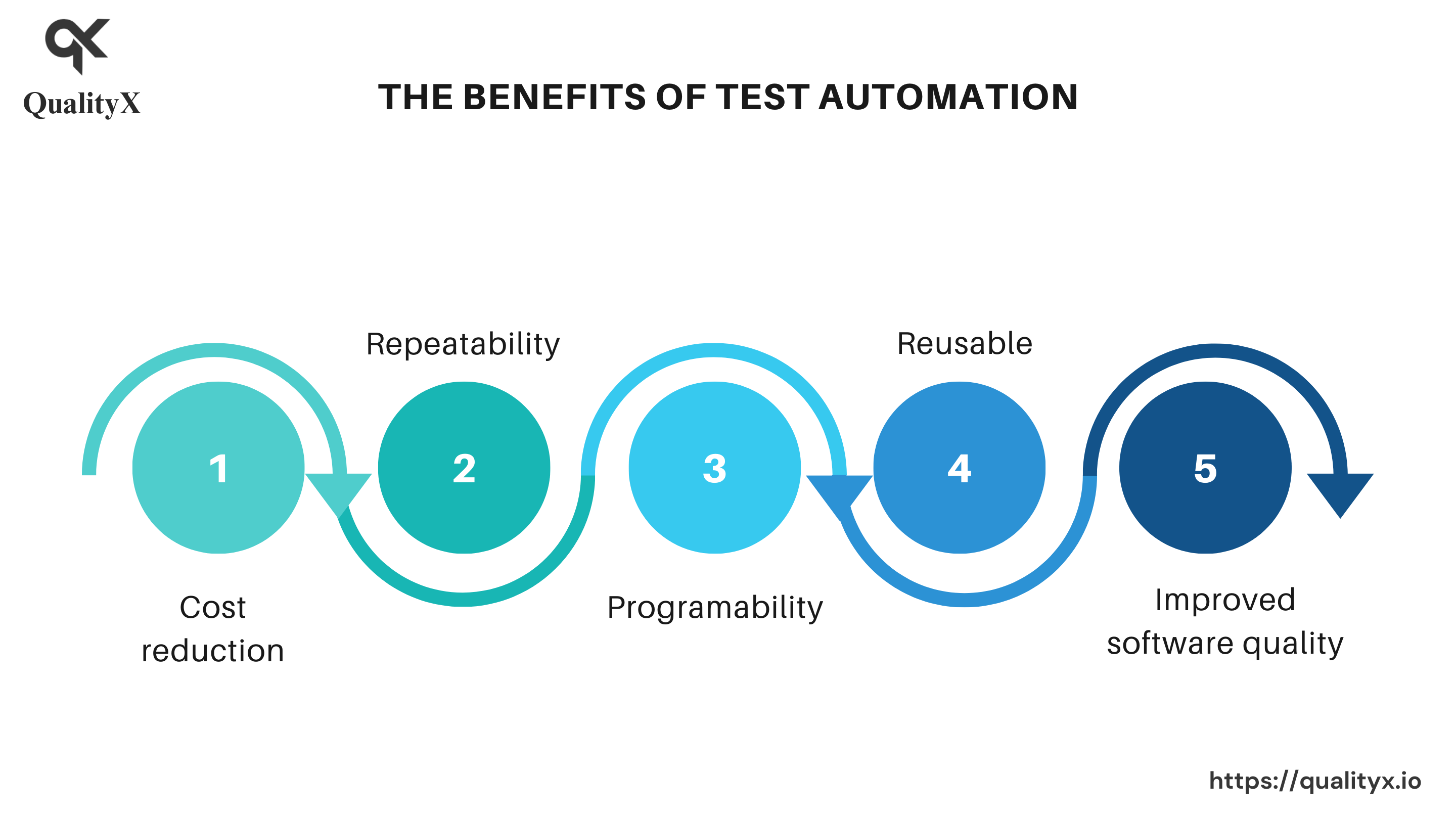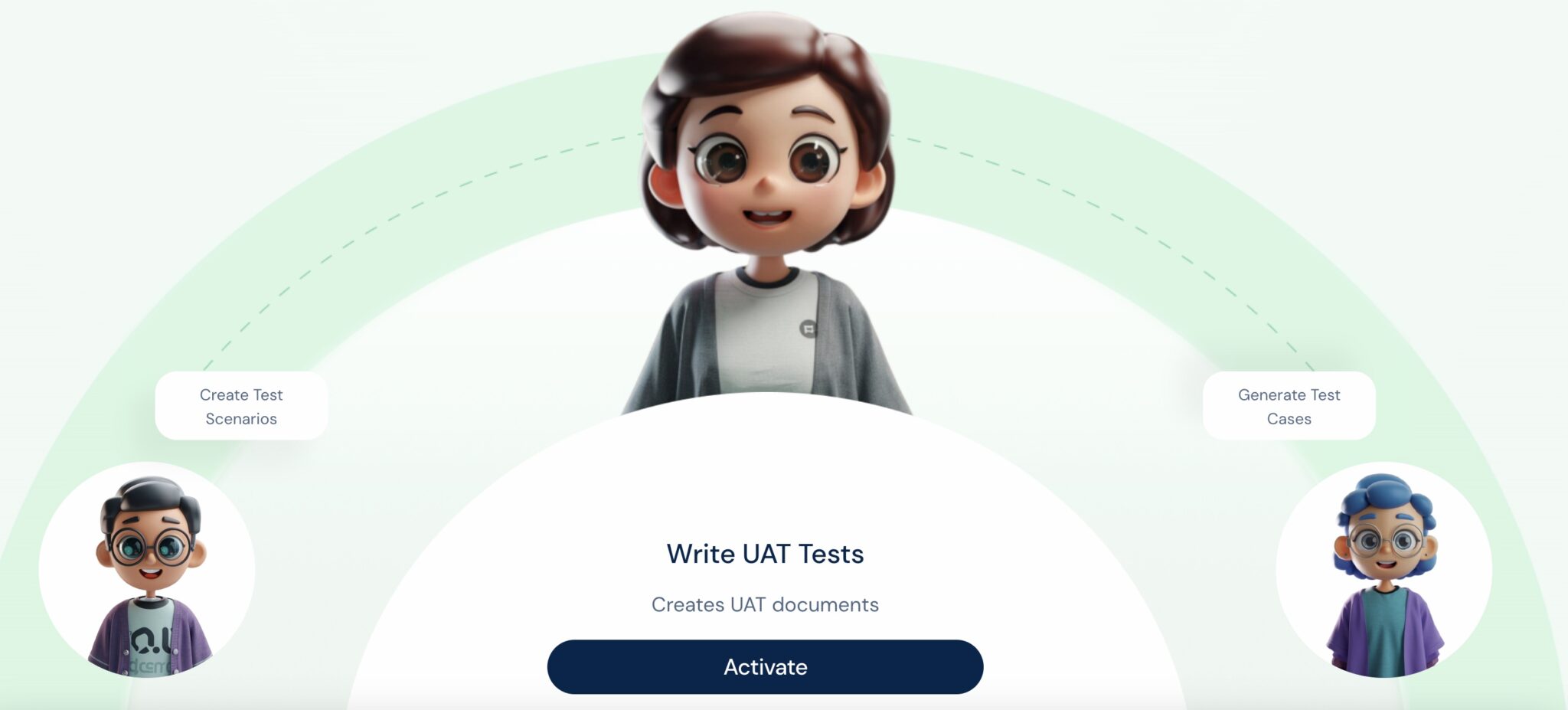Introduction
- In the dynamic and ever-evolving realm of software development, the importance of test automation has never been more profound.
- As software applications become increasingly complex and interconnected, manual testing approaches struggle to keep pace, leaving room for undetected bugs and potential security vulnerabilities.
- This is where test automation emerges as a game-changer, providing a structured and efficient methodology for ensuring the quality and reliability of software products.
The Driving Force Behind Test Automation
Several factors have contributed to the escalating significance of test automation in software development:
- Growing Complexity of Software Applications: Modern software applications are intricate and multifaceted, encompassing multiple components, integrations, and functionalities. Manual testing becomes increasingly challenging and time-consuming as these applications grow in complexity.
- Demand for Rapid Software Delivery: The competitive landscape of software development demands faster release cycles and quicker time-to-market. Manual testing often becomes a bottleneck in this process, hindering the rapid delivery of high-quality software.
- Reduced Testing Costs: Test automation can significantly reduce testing costs by eliminating the need for extensive manual effort. Automated tests can be executed repeatedly without incurring additional personnel expenses.
The Benefits of Test Automation

Benefits of Test Automation
Cost reduction
Test automation can significantly reduce the cost of testing by eliminating the need for extensive manual effort. Automated tests can be executed repeatedly without incurring additional personnel expenses. This can lead to savings of up to 70% in testing costs.
Repeatability
Automated tests can be executed repeatedly without any variation, ensuring that the same test cases are executed each time. This is in contrast to manual testing, which is prone to human error and inconsistencies.
Programability
Automated tests can be programmed to perform complex test scenarios that would be difficult or impossible to execute manually. This can help to improve the overall test coverage and identify more defects.
Reusable
Automated tests can be reused for different software releases, reducing the need to create new tests each time. This can save a significant amount of time and effort.
Improved software quality
Test automation can help to improve software quality by identifying defects early in the development lifecycle. This can reduce the cost of fixing defects later on and improve the overall reliability of the software.
Here are some additional benefits of test automation:
- Reduced testing time
- Improved test coverage
- Earlier defect detection
- Continuous testing and integration
- Increased developer productivity
Overall, test automation is a valuable tool that can help to improve the quality, efficiency, and cost-effectiveness of software development.
Here are some examples of how test automation can be used to reduce costs:
- Automated regression testing: Automated regression tests can be used to ensure that new features do not break existing functionality. This can save time and money by preventing the need to manually retest the entire application after each change.
- Automated performance testing: Automated performance tests can be used to identify performance bottlenecks before they cause problems for users. This can save money by preventing the need to fix performance problems after they have been released to production.
- Automated security testing: Automated security tests can be used to identify security vulnerabilities before they can be exploited by attackers. This can save money by preventing data breaches and other security incidents.
Implementing a Successful Test Automation Strategy
To effectively implement test automation and reap its full benefits, it is crucial to consider the following strategies:
- Identify Test Automation Opportunities: Carefully evaluate which areas of the software application are most suitable for automation, prioritizing high-impact, repetitive, and regression testing scenarios.
- Select the Right Automation Tools: Choose appropriate automation tools based on the specific requirements of the project, considering factors such as compatibility, ease of use, and integration capabilities.
- Develop and Maintain Test Scripts: Create well-structured and maintainable test scripts that adhere to clear coding standards and documentation practices.
- Integrate Test Automation into the Development Process: Incorporate test automation into the development lifecycle, ensuring that testing is performed continuously and in alignment with development milestones.
- Monitor and Improve Test Automation Effectiveness: Regularly assess the effectiveness of the test automation framework, identifying areas for improvement and adapting to evolving requirements.
Conclusion:
- In conclusion, test automation has become an indispensable tool in the modern software development landscape.
- By automating repetitive testing tasks, improving test coverage, and enhancing software quality, test automation plays a pivotal role in ensuring the successful delivery of high-quality software products.
- As software applications continue to evolve in complexity and sophistication, test automation will remain an essential ingredient in the recipe for software success.
aiTest: A Closer Look
aiTest an all-in-one testing platform. This platform is designed to conduct comprehensive testing on your applications concurrently. It supports cross-browser and browser version testing, as well as functional and performance tests integrated with Analytics. Additionally, the platform incorporates automation features, including an LLM for effortless generation and testing of machine learning models and generating test data for the same. One-stop solution for continuous testing, integrating seamlessly with CI/CD pipelines. With support for multiple languages and specialized testing for AI/ML services, aiTest empowers organizations to speed up their release cycles while ensuring quality and reliability.


